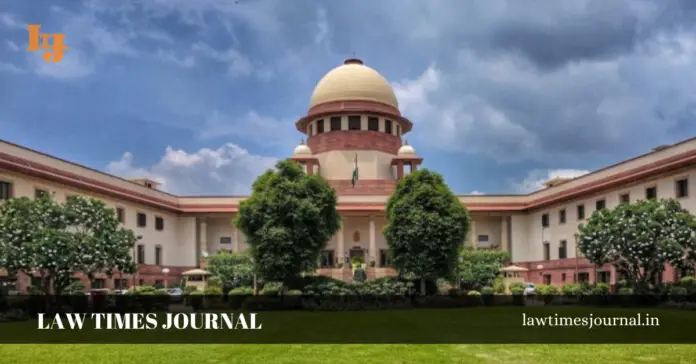
The top court lifted the model code of conduct in the state-imposed due to the local body polls and directed that the Election Commission shall impose the model code four weeks before the notified date of polling. A bench of Chief Justice S A Bobde and Justices B R Gavai and Surya Kant directed that the present development activities which have already been undertaken shall not be interrupted till the Model Code of Conduct is re-imposed.
Prior Facts:
The top court was hearing a plea of Andhra Pradesh government against the decision of State Election Commission (SEC) while contending that a large number of developmental activities have been suspended due to the imposition of the Model Code of Conduct for the local body elections in the State.
Earlier, this week the state election commission had postponed the conduct of elections in two phases for the village panchayats for which notifications were scheduled to be issued on March 15 and 17.
Key Features:
- The Court said that, if the state Government wishes to undertake any fresh developmental activities, they shall do so only with the prior permission of the respondent Election Commission.
- The bench said that in no circumstance the State Government shall be prevented from taking necessary steps to curb the menace of coronavirus pandemic.
- Additional Solicitor General ANS Nadkarni, appearing for the state government said that the imposition of the Model Code of Conduct would not be justified if the elections are postponed.
- Senior advocate Shekhar Naphade, appearing for the Election Commission, submitted that the State is not entitled to move this court by way of filing a writ petition under Article 32 of the Constitution of India.
- The top court, however, refused to go into the question in the present writ petition due to the emergent circumstances in which the same is filed and said the legal question is left open for determination in an appropriate case.
- Nadkarni submitted that the Election Commission was not entitled to postpone the elections without appropriate consultation with the state government.
- The Court said that “The Model Code of Conduct for the elections shall be reimposed four weeks before the date of polling”.
- State of Andhra Pradesh had filed a petition challenging the notification issued by Andhra Pradesh State Election Commission to postpone the elections for local bodies such as Panchayats and Municipal Bodies by six weeks on account of COVID-19.
- A 2006 judgment of Kishansing Tomar v. Municipal Corporation of the City of Ahmedabad and Ors. Was relied upon by Nadkarni to buttress the submission.
- It was refuted by Senior Advocate Shekhar Naphade, representing the Election Commission, who stated that the decision in Kishansing Tomar did not require prior consultation.
Judgement:
The Bench while stating the mentioned order stated that, “We do not see any reason why this court should interfere with the decision of the respondent – Election Commission to postpone the elections particularly since the postponement is due to a possible outbreak of Coronavirus (COVID 19) epidemic in the country. We, therefore, decline to interfere with the said decision of the Election Commission”.
The top court directed that since the Election Commission has already decided to postpone the polls, there shall be a post decisional consultation with the state of Andhra Pradesh before the next date is notified by the Election Commission.
Edited by J. Madonna Jephi
Approved & Published – Sakshi Raje
Reference:
- Case of State of Andhra Pradesh vs. Andhra Pradesh State Election Commission, Writ Petition(s) (Civil) No(s).437/2020, decided by the Supreme Court of India on March 18, 2020.








